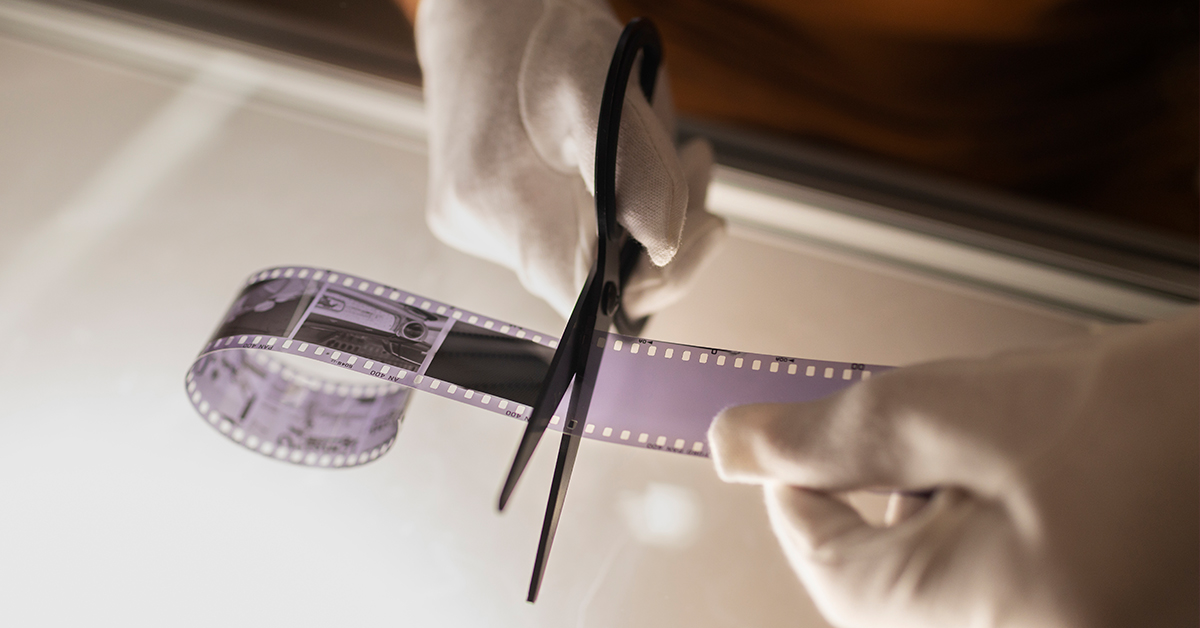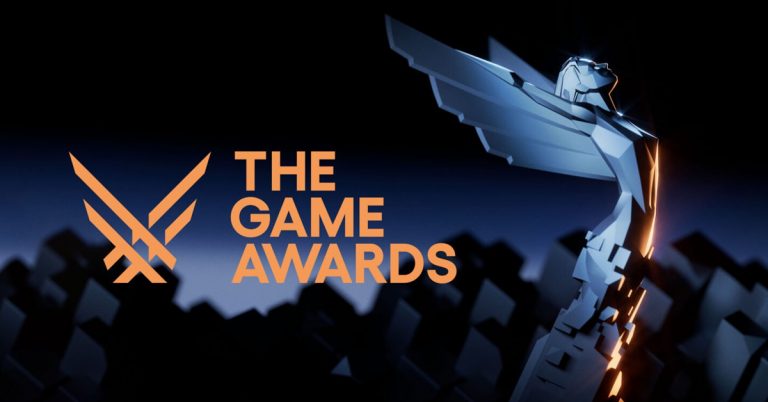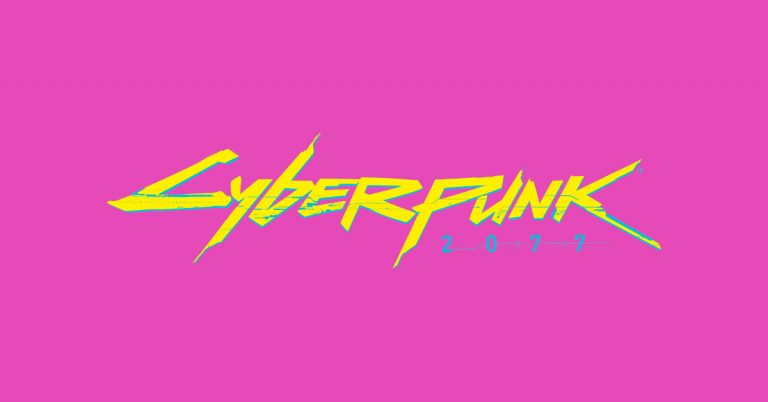“No Country for Old Memes”: ‘No Country for Old Men’ and ‘The Social Network’ Join the National Film Registry
In a cinematic twist worthy of its own screenplay, the Library of Congress has added 25 films to the National Film Registry, including the modern classics “No Country for Old Men” (2007) and “The Social Network” (2010). These films now share archival space with the likes of “Beverly Hills Cop” (1984) and “The Texas Chain Saw Massacre” (1974), proving that the Registry’s taste is as eclectic as a late-night Netflix binge.
The National Film Registry, established in 1988, annually selects films deemed “culturally, historically, or aesthetically significant” for preservation. This year’s selections span over a century of filmmaking, from the 1895 short “Annabelle Serpentine Dance” to the 2010 depiction of Facebook’s origin story, “The Social Network.” These additions bring the total number of films in the Registry to 900, a collection diverse enough to make even the most seasoned cinephile’s head spin.
“No Country for Old Men,” directed by the Coen brothers, is a neo-Western thriller that scooped up four Academy Awards, including Best Picture. Its selection for the Registry cements its status as a modern classic, though one might wonder if Anton Chigurh’s coin toss had a say in the matter.
“The Social Network,” penned by Aaron Sorkin and directed by David Fincher, chronicles the contentious creation of Facebook. Its inclusion in the Registry is a nod to the film’s sharp portrayal of ambition, betrayal, and the perils of forgetting to set your privacy settings.
Joining these heavyweights is “Beverly Hills Cop,” the 1984 action-comedy that propelled Eddie Murphy to superstardom faster than Axel Foley could talk his way past a security guard. Its blend of humor and high-octane action has clearly aged like fine wine—or perhaps a well-preserved banana in the tailpipe.
Not to be outdone, “The Texas Chain Saw Massacre” revs into the Registry, chainsaw in hand. This 1974 horror film, directed by Tobe Hooper, terrified audiences with its gritty portrayal of a family picnic gone horribly wrong. Its preservation ensures that future generations can experience the joys of reconsidering their rural road trip plans.
The Registry’s selections highlight the evolving landscape of American cinema, from the dance halls of “Dirty Dancing” (1987) to the cyber corridors of “The Social Network.” Each film offers a snapshot of the era it depicts, reminding us that while times change, the appeal of a well-told story is timeless.
However, the inclusion of certain films may raise eyebrows. “Up in Smoke” (1978), the stoner comedy featuring Cheech and Chong, has been preserved for its cultural significance, perhaps ensuring that future historians understand the origins of the munchies.
As the National Film Registry continues to expand, one can only speculate which contemporary films might be next. Will “Sharknado” swirl its way into cinematic immortality? Or perhaps “Cats” will claw back from critical disdain to a place of historical significance? Only time—and the Librarian of Congress—will tell.
For now, we can celebrate the preservation of these films, ensuring that future generations can enjoy, study, and perhaps scratch their heads at the cinematic choices of yesteryear. After all, as “The Social Network” taught us, you don’t get to 900 films without making a few quirky selections.







